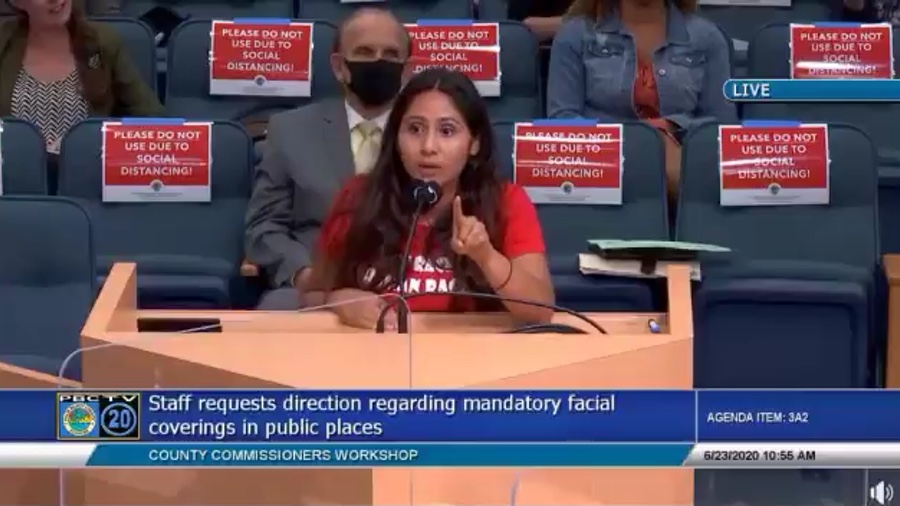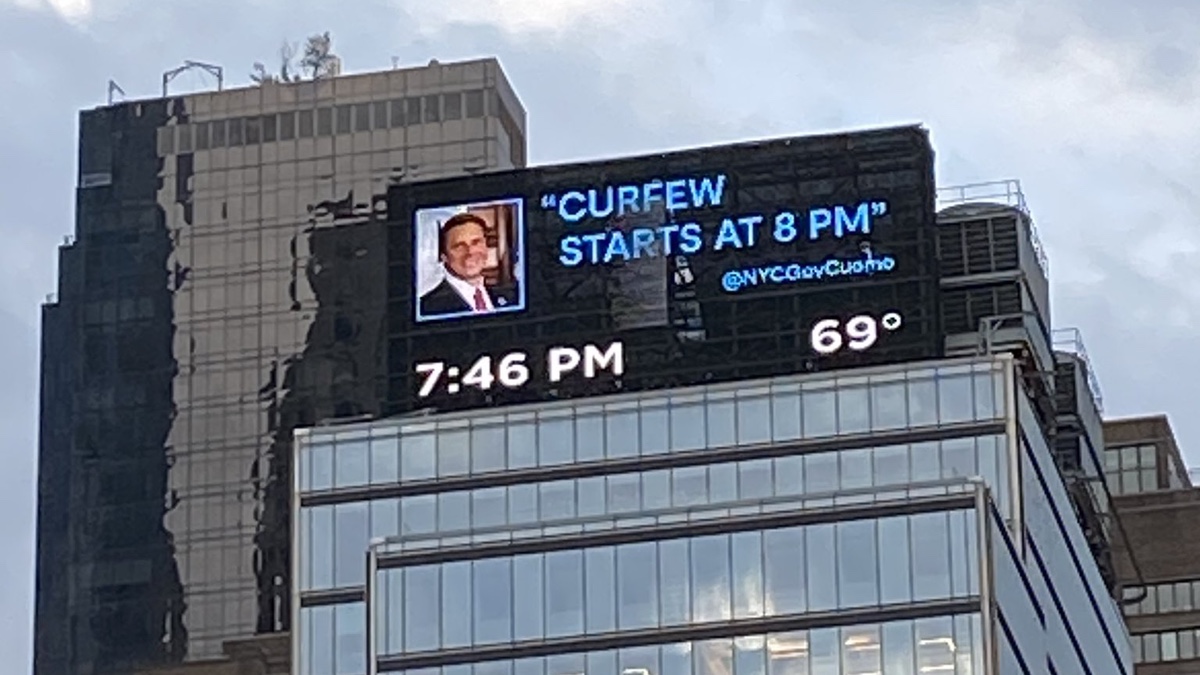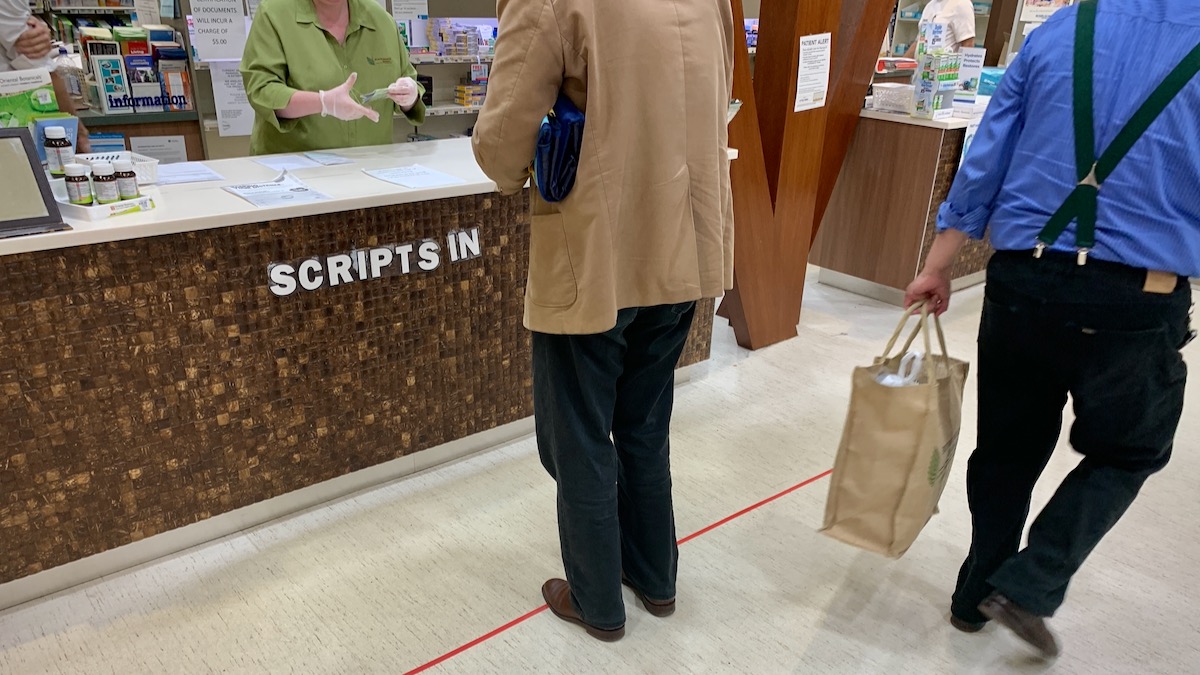
Australian author and reprobate John Birmingham joins me once again for the first sensible episode in The 9pm End of Spring Series 2020.
Continue reading “The 9pm Overturned Turtle Taliban with John Birmingham”
Word-whore. I write 'em. I talk 'em. Information, politics, media, and the cybers. I drink. I use bad words. All publication is a political act. All communication is propaganda. All art is pornography. All business is personal. All hail Eris! Vive les poissons rouges sauvages!

Australian author and reprobate John Birmingham joins me once again for the first sensible episode in The 9pm End of Spring Series 2020.
Continue reading “The 9pm Overturned Turtle Taliban with John Birmingham”
In the episode we hear what some people think about other people who think very bad thoughts about statues, about the fear in America, and… and things which are truly beyond explanation.
Continue reading “The 9pm Official Karening of the American Doom Times”
In this episode we hear the death rattle of an empire in decline. We hear some examples of 21st century information warfare. And we hear just how important the US protesters are to the American people.
Continue reading “The 9pm Information Warfare in a Dying Empire”
It’s Day 10 is Stilgherrian’s isolation, at least how he’s counting it. America is doomed, and the Easter Bunnies in Wentworth Falls look very sad indeed.
Continue reading “The 9pm His Plague Diary 3”My week of Monday 11 to Sunday 17 November was spent in Sydney, apart from just one night. Friends persuaded me to avoid the Blue Mountains on Tuesday’s “catastrophic” fire danger day — though things turned out fine up there — and I stayed down for the rest of the week for a few Health Patrol duties.
Continue reading “Weekly Wrap 494: Avoiding fires, finding faults, reading court decisions”My week of Monday 29 July to Sunday 4 August 2019 was week four of being on Health Patrol for my friend, and progress has been good. It also heralded a return to productivity — until that stopped dead.
Continue reading “Weekly Wrap 479: Human health improves, computer health declines”